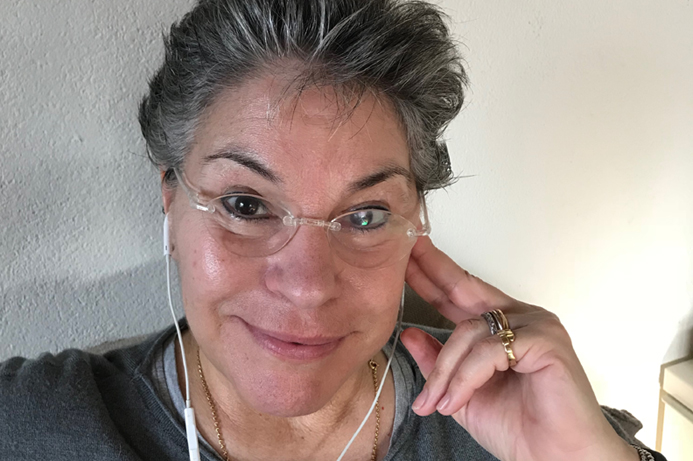Amanda Fracanzani is a certified executive coach with 30 years business experience acquired in several industries, globally. She has covered several executive roles including CEO, HR Director, COO and been a board member in different organisations. For this reason she is able to relate to the issues her clients face on a daily basis.
So what exactly is executive coaching?
Executive coaching has become an investment that continues to bring an increasing return on investment, not only for the coachee but also for their organisation.
Business leaders who work with an executive coach can benefit by having an experienced partner who assists them with effective leadership, optimal performance, and career advancement, as well as identifying blind spots and roadblocks.
It is focused on increasing the executive’s self awareness, their ability to manage professional relationships, their people management skills, as well as their analytical and problem solving skills.
How does executive coaching benefit the organisation?
When the CEO or executives of the company work with an executive coach, it positions them to learn new ways to achieve targeted goals for the organisation and also lead by example. Coaching allows one to see improvement in performance, thus creating a more productive work culture throughout the company. Greater clarity in decision making allows to focus on the business mission, vision and goals.
Another area that is frequently touched upon in executive coaching is effective communication, which when enhanced, leaves no room for ambiguities and confusion or time loss as a consequence. Executive coaching shifts the attention from fear of consequences to creating a safe environment for risk-taking, it leverages strengths and increases collaboration and motivation.
It’s a very expensive service, how do you justify that?
The benefits derived from qualified executive coaching generate growth and facilitate prosperity which greatly outweigh the initial investment. In just a few deliberate conversations it can help you transform ideas to results. The infusion of new thoughts, questions and analysis open up new strategies which can motivate, inspire and move the company foward.
Is executive coaching only for executives?
I think we need to formulate the question differently. There are different kinds of business coaching, executive, management, organisational, career and group coaching for teams. An executive coach can decide to dedicate themselves specifically to working with c-suite executives or can enjoy the variations mentioned.
Personally, I love the challenges offered by all these groups. It also has to be clarified that not all coaches can be executive coaches. To be credible and effective at the executive level, you have to have at least 10 to 15 years business experience and have covered roles of responsibility.
Is everyone coachable?
Everyone who is aware that they have development areas, yes. However not everyone is willing to be coached. For instance, those who always find blame elsewhere, are not open to receiving feedback, aren’t interested in their or the organisation’s growth, aren’t open to experiment new behaviours are individuals who will likely not be open to coaching. In my experience however, I’ve only ever come across two individuals of this kind.
How do you work with clients from all over the world?
Technology has made this super simple! I work with zoom, emails and the phone. Every coaching session lasts about two hours. Between one session and the next there is a lapse of about 3-4 weeks, during which the client experiments and puts into practice new or different behaviours and strategies.
During this experimental period, I’m always reachable for discussion by phone or mail. In some cases, the executive wants to meet up while they’re traveling or in person at their office, which is definitely a great opportunity to strengthen further our bond.
What are the qualities required to be an executive coach?
Well, as mentioned, considerable business experience is a plus as well as being comfortable with senior managers. Then you need to be objective, an independent thinker and assertive. You need to be optimistic, resilient, open to new possibilities and change.
You need to be goal oriented and appreciate challenges. Empathy is a must, as is tact. A problem solver with an open, flexible mind. Last but not least you have to be able to maintain confidentiality, be ethical and honest.
An executive coach is often in the know about highly reserved information regarding the organisation’s investments, business ventures and or spin-offs. This market sensitive information must be protected at all costs.

